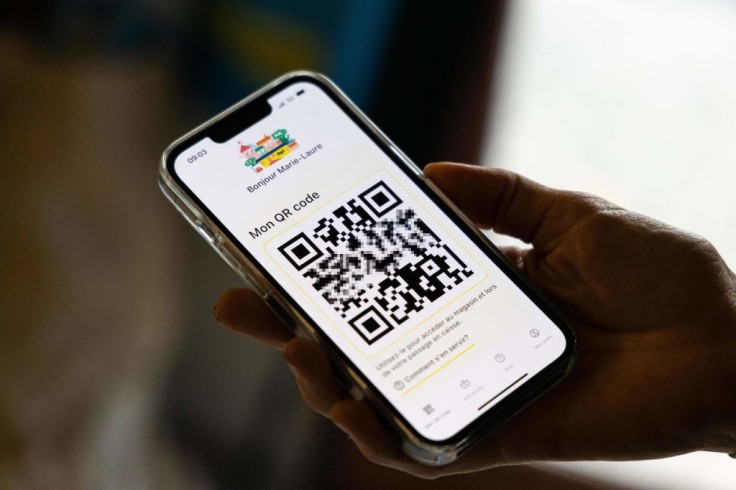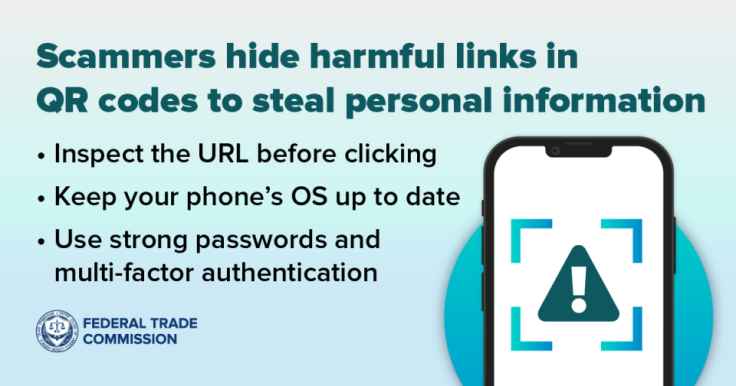The Federal Trade Commission warned the public to be more careful on scanning QR codes as scammers can use them to steal other's identities.

According to a consumer alert posted on Wednesday, bad actors have been reported to use QR codes to redirect people to spoof sites to "steal any information you enter."
Scammers have been noted to replace legitimate QR codes with theirs and take scanners to the supposed site "that looks real but isn't."
Text messages and emails were also used to send these fake QR codes, in which accessing will allow scammers install malware into people's devices.
How to Prevent from Scanning Bogus QR Codes?
As with other scams on the internet, the FTC said the best way to prevent falling victim to the QR code scam is to know how bad actors disguise their schemes.
The commission noted that many of the scam messages "make up a reason for you to scan it" in urgent.
Among the tactics used were disguising as delivery service and urging people to contact them because they failed to deliver the package.
Some pretend to be customer service centers, alerting users of a problem with their account or suspicious activity detected for them to provide their personal info and password.
The FTC cautioned people from immediately accessing links provided in these dubious messages, "especially if it urges you to act immediately."

The commission also advised people to regularly update their phones' and devices' OS to protect their accounts with strong passwords and multi-factor authentication.
Related Article : How to Secure Your Personal Data on Google Chrome
Phishing Scams Increase in the US
The past years have recorded an increase in phishing and identity scams in the US. In 2022 alone, the Federal Bureau of Investigation reported that Americans lost $10.3 billion from internet scams.
A recent study this year also showed that bad actors have shifted towards mobile and personal communication channels to attack users.
A 61% increase in scams reported was recorded since last year.
Government institutions continue to warn people to be more careful when accessing suspicious links and site on the internet.









